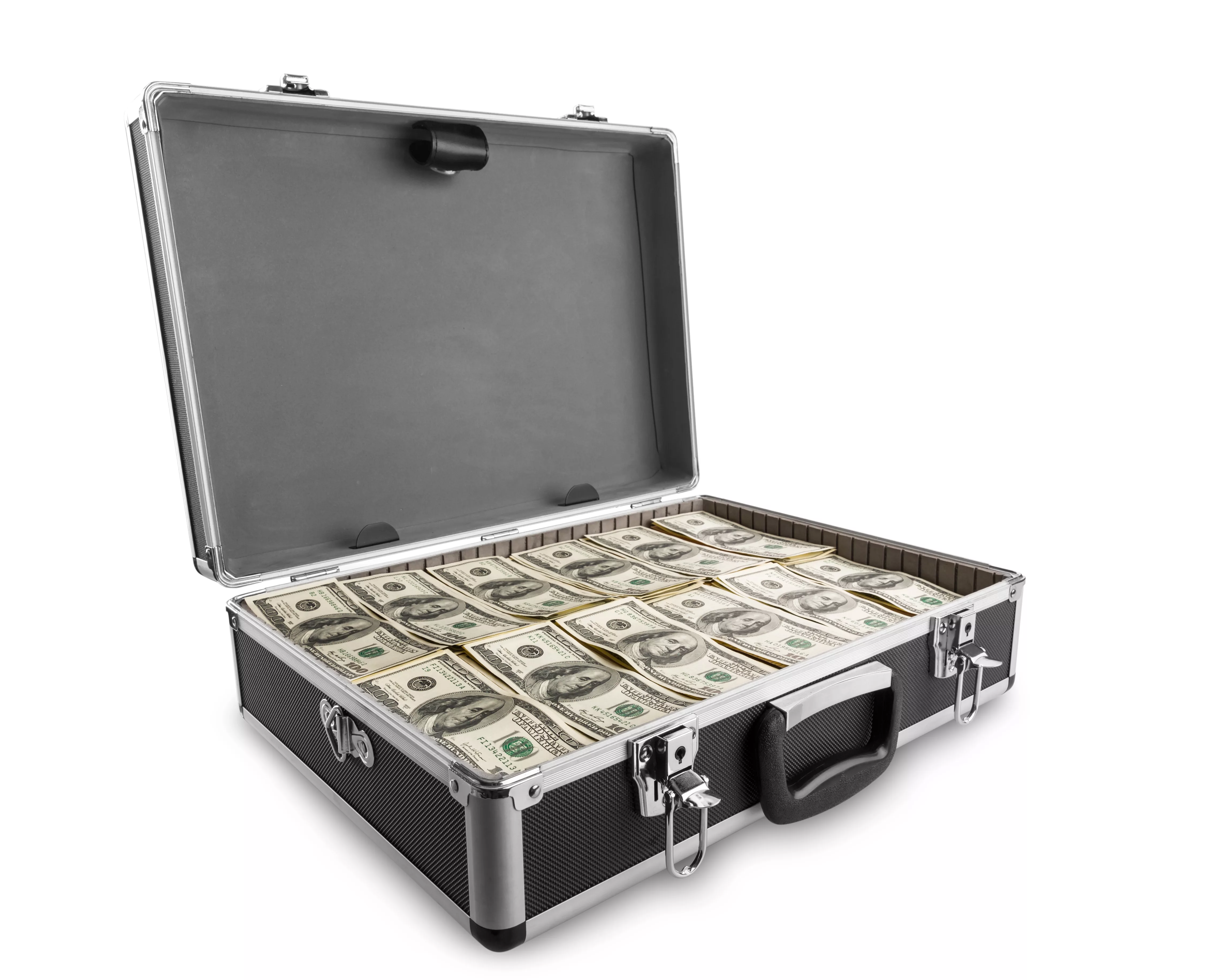
While the lowly penny gets much of the focus from those who want to eliminate seemingly useless currencies from general circulation, there’s another denomination these days that’s coming under fire: The $100 bill.
The C-note has been the target of recent news stories calling out its irrelevance outside of slipping one in with your granddaughter’s high school graduation card. Outside of tax dodgers, counterfeiters and money launderers, it seems few people have much use for $100 bills. Or as the New Republic put it earlier this year, “Benjamins are the favorite currency of criminals and almost no one else.”
And it’s no exaggeration. Few Americans would guess the $100 bill represents 80% of the total value of currency in circulation—and it’s largely held as ill-gotten gains in foreign countries.
While the Benjamin is the most common note in circulation, it’s the least-commonly used, points out Yahoo News. And it’s no surprise. These days large purchases are generally made by credit card or smart phone. But the vast majority of mom-and-pop retail exchanges are for items less than $50—and using a $100 bill will leave consumers with a load of small-bill change in an era when people prefer to carry less cash, if any cash at all.
The New Republic pointed out that some economists have been calling for an end to the Franklin for decades—noting that economist James Henry was pushing for the cessation of not only $100s, but also the $50 way back in 1976. It’s not unprecedented by any means. There’s a reason few people know what bills were once graced with the mugs of William McKinley, Grover Cleveland, James Madison and 18th-century Chief Justice Salmon P. Chase—because the $500, $1,000, $5,000 and $10,000 bills, respectively, were all recalled in the late 1960s over concerns they were little more than a tool for, wait for it… money launderers.
In his 2016 book, The Curse of Cash, Kenneth Rogoff also calls for phasing out big notes. He suggests the fed could extend a soft deadline for bill holders to easily exchange their currency for smaller notes, then follow with a firmer date for when $100s will officially expire. He envisions criminals scrambling to nervously unload their bills at the local bank before their loot becomes obsolete.
That said, denizens of the dark economy have little to worry about anytime soon. At press time, the U.S. Department of the Treasury’s website states: The government has no “plans to change the denominations in use today.” Sounds like Big Ben will be sticking around a while.

